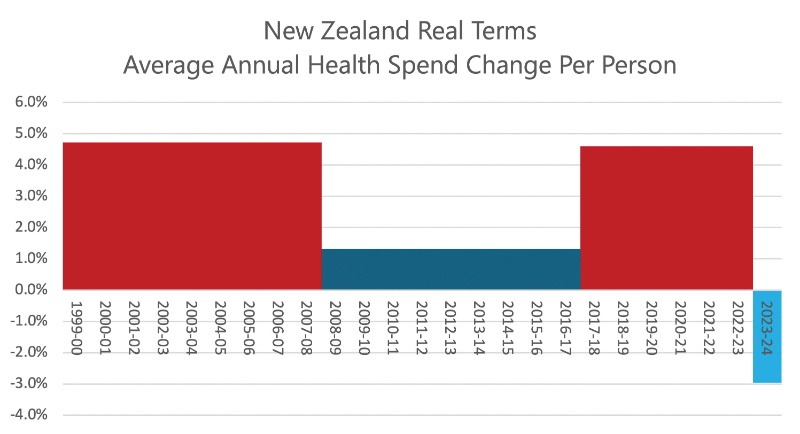EPA seabed mining High Court case a fight for the future
Kiwis Against Seabed Mining + Greenpeace
Press release
– Immediate release
Sunday 15 April 2018
EPA seabed mining High Court case “a fight for the future of our precious oceans”
The future of the South Taranaki Bight lies in the hands of the High Court next week, which will hear appeals against the Envionmental Protection Authority’s decision to grant a marine consent to Trans-Tasman Resources’ bid to dig up the seabed for its iron ore.
Kiwis Against Seabed Mining (KASM), with Greenpeace, is appealing the decision, alongside six other appellants (see notes below for full list).
The EPA decision was released in August 2017, a year after Trans-Tasman Resources submitted its application to dig up 50 million tonnes of the seabed a year in a 66 square kilometre section of the South Taranaki Bight – for 35 years. A total of 95% will be discharged, resulting in a large sediment plume, to get five million tonnes a year of iron ore. Of the 13,733 submissions (a record) received by the EPA, all but 147 – one percent – were either opposed to the consent or neutral.
“This is a fight for the future of our precious oceans,” said KASM chair Cindy Baxter. “The outcome of this case will set a precedent for a number of other companies waiting in the wings to mine our seabed, in the South Taranaki Bight and beyond. Trans-Tasman has prospecting permits for at least two more in the Bight, and two others around the country.”
“Our Oceans are in distress, and are facing a crisis of marine biodiversity loss. Our oceans provide us vital services, food and livelihoods, as well as oxygen and carbon sequestration when we have healthy ecosystems,” said Michael Smith, a campaigner with Greenpeace New Zealand.
“The South Taranaki Bight is one such vital ecosystem, home to a population of endangered blue whales and Maui dolphins. Protecting its biodiversity is why this case is so important..”
KASM and Greenpeace are appealing on 12 points of law. Among these is the issue of what is called “adaptive management” whereby an activity like seabed mining is allowed to go ahead, adapting the conditions on which it occurs along the way.
“The EPA has set down 109 conditions, but many are still to be developed, such as the effect of seabed mining on marine mammals and seabirds,” said Cindy Baxter. “We are also raising other issues, such as natural justice, the way economic benefits have been calculated, and the role of the precautionary approach.”
The hearing begins at the High
Court in Wellington, 10 am, Monday 16 April 2018 and will
last for four days.


 Gordon Campbell: On The Americanising Of NZ’s Public Health System
Gordon Campbell: On The Americanising Of NZ’s Public Health System Walk Without Fear Trust: New Sentencing Reforms Aimed At Restoring Public Safety Welcomed
Walk Without Fear Trust: New Sentencing Reforms Aimed At Restoring Public Safety Welcomed Rio Tinto & NZAS: Archaeological Project Underway From Historic Excavations At Tiwai Point
Rio Tinto & NZAS: Archaeological Project Underway From Historic Excavations At Tiwai Point New Zealand Deerstalkers Association: NZDA Urges Hunters To Prioritise Safety This Roar Season
New Zealand Deerstalkers Association: NZDA Urges Hunters To Prioritise Safety This Roar Season PSA: 1000 Days Since Landmark Pay Equity Deal Expired - Workers Losing $145 A Week
PSA: 1000 Days Since Landmark Pay Equity Deal Expired - Workers Losing $145 A Week Grace Tinetali-Fiavaai, RNZ: Widow Of Fa'anānā Efeso Collins Seeks Inquiry Into His Death - 'Unanswered Questions'
Grace Tinetali-Fiavaai, RNZ: Widow Of Fa'anānā Efeso Collins Seeks Inquiry Into His Death - 'Unanswered Questions' Te Pāti Māori: Te Pāti Māori Call For Mandatory Police Body Cameras
Te Pāti Māori: Te Pāti Māori Call For Mandatory Police Body Cameras


